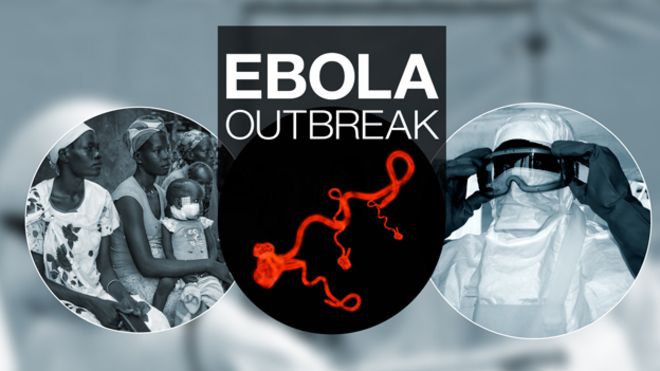Liberia’s Minister of Health, Hon. Dr. Bernize T Dahn, believes that “we are all at risk to any disease outbreak, and should be adequately-prepared.” She made this statement at the opening of a two-day technical High-Level post-Ebola meeting in Liberia’s capital, Monrovia.
She explained in her statement that, this meeting “builds on recommendations from decisions of Heads of Government and States of ECOWAS”, and the Abuja Declaration that “aimed to improve our regional and sub-regional capacity for prevention, detection and response to threats of emerging and re-emerging infectious diseases.”
In an effort to formulate investment plans to build a resilient health system, the meeting is being held to “technically-review the status of implementation of post-EVD recommendations.”
The Minister goes on to explain that, the conclusions will constitute “Monrovia Declaration” to be endorsed by Heads of Government and States of ECOWAS. Dr.Dahn believes we are all vulnerable and, thus, shared vulnerability requires shared responsibility, including sharing of resources, expertise and information.
She acknowledged “leadership and collective efforts of ECOWAS, ECOWAS Commission and WAHO by working closely with the EVD-affected countries in tracking and monitoring the post-EVD recovery process.”
The speech basically offered insights into Liberia’s post-EVD recovery process, explaining how the process is government-led; consultative and inclusive; and includes and involves the private sector.
In addition, Liberia has established a National Public Health Institute of Liberia (NPHIL), which is a source of technical expertise in generating; analyzing and interpreting public health data to “inform policy options”, with the main focus being to strengthen surveillance.
Crucial to understanding some of the challenges associated with Liberia’s post-EVD recovery investment plan was the economy, which was recovering slowly.
Coupled with this was “inadequate resources from the international partners.”
This, however, ought to, in the Minister’s view, help catalyze sub-regional “joint resource mobilization initiatives through the leadership of ECOWAS and the ECOWAS Commission.”
She believes it will “provide a unique opportunity to generate concrete results that will be realistic and readily implementable to improve preparedness, “detection and response in the EVD-affected countries and in all states of ECOWAS.”
Source: E.K.Bensah Jr.



